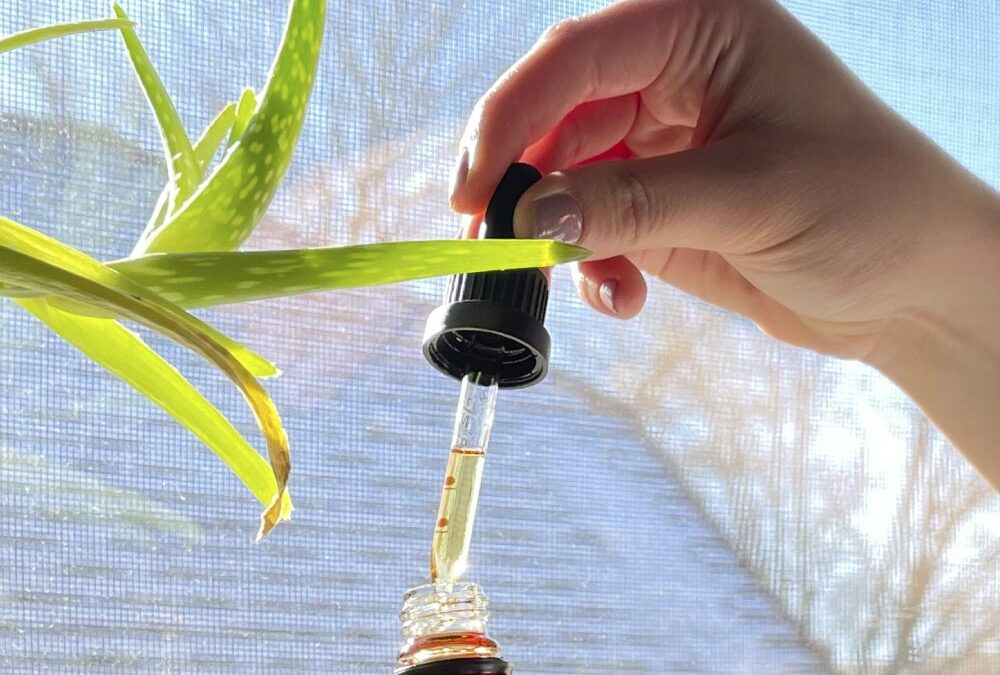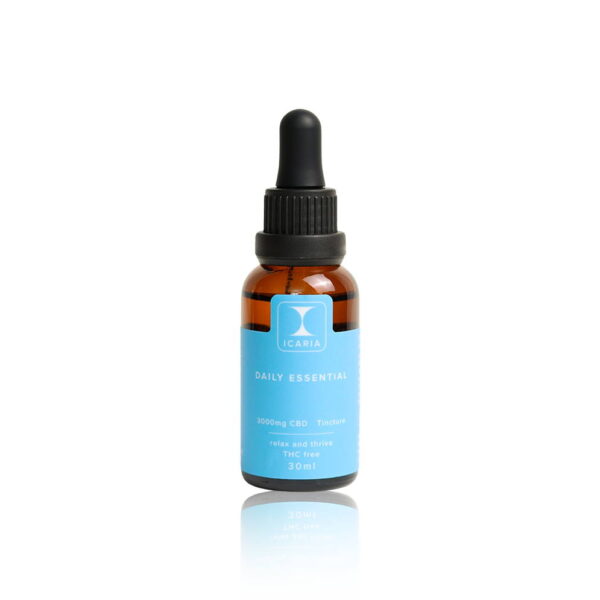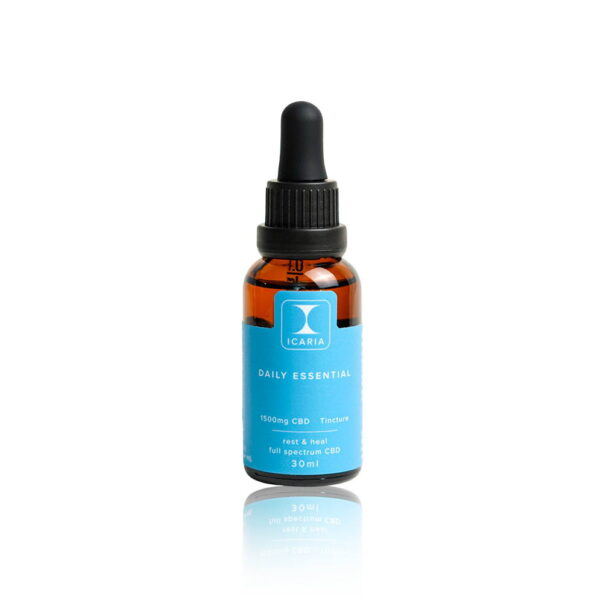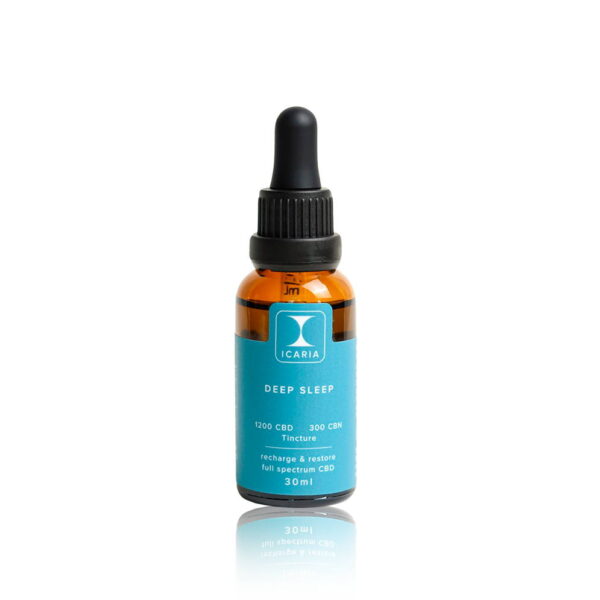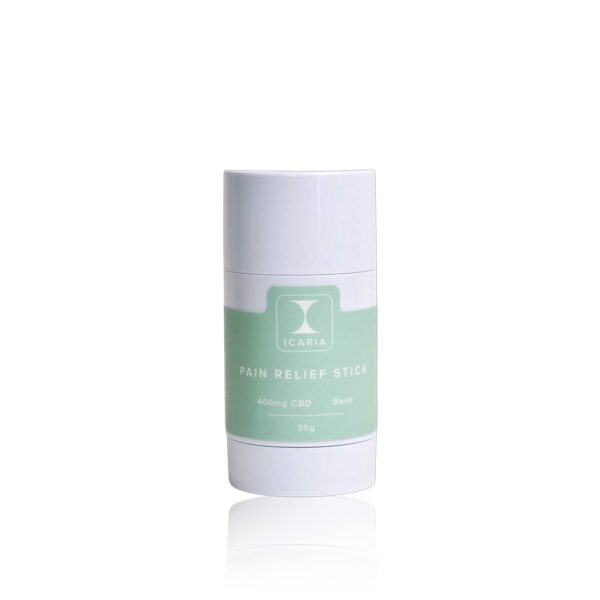In recent years, the wellness industry has seen a surge in interest in alternative remedies, with CBD oil taking center stage for its potential therapeutic benefits. As conversations around holistic well-being continue to evolve, individuals, particularly those rooted in faith, may wonder about the compatibility of certain products with their religious beliefs. For Muslim women seeking to explore the benefits of CBD oil, the question arises: Is CBD oil halal? In this blog post, we will delve into the world of CBD, its natural properties, and its relationship with the concept of halal in Islam.
What is CBD Oil?
CBD, or cannabidiol, is a natural compound found in the cannabis plant. Unlike its more infamous cousin, THC (tetrahydrocannabinol), CBD does not produce the psychoactive effects commonly associated with marijuana. Instead, it interacts with the endocannabinoid system in the human body, potentially offering a range of therapeutic benefits without the “high” that accompanies THC.
CBD oil is extracted from hemp plants, a variety of cannabis that contains minimal THC and is legal in many parts of the world. The extraction process typically involves using CO2 or ethanol to isolate CBD from other compounds in the plant, resulting in a concentrated oil.
What is “Halal”?
Before exploring the halal status of CBD oil, it’s essential to understand the concept of “halal” in Islam. The term “halal” translates to “permissible” or “lawful” in Arabic. In the context of Islamic dietary laws, halal refers to food and beverages that are prepared, consumed, and produced in accordance with Islamic principles.
Islamic guidelines outline specific criteria for halal products, including the method of slaughter for meat, the absence of certain prohibited ingredients, and adherence to ethical and moral standards. With these principles in mind, Muslims make conscious choices about the products they use, ensuring that they align with their faith.
Is CBD Oil Halal?
The question of whether CBD oil is halal revolves around its origin, composition, and potential effects. Since CBD is derived from hemp, which is not explicitly prohibited in Islamic teachings, it is generally considered permissible. However, the devil is in the details.
The extraction process and the presence of other substances in CBD products may raise concerns for some individuals. It is crucial to investigate the production methods and the source of the CBD used by a particular brand. Opting for CBD products that adhere to high-quality standards and are free from contaminants can help ensure the halal status of the product.
Moreover, some scholars argue that the use of CBD for medicinal or therapeutic purposes may be considered permissible as long as it does not lead to harm or intoxication. As with any wellness product, consulting with a knowledgeable religious authority or scholar can provide clarity on whether CBD oil aligns with individual beliefs and practices.
Please, take into consideration that all Canadian CBD businesses are allowed by law to claim their CBD products are THC-free as long as they have 0.3% THC or less. We recommend that you ask for third-party lab tests from any brand to make sure the formulas have truly no amount of THC.
At ICARIA, we are committed to full transparency in both our manufacturing processes and our formulations. If you have any questions about how our products are made and what they contain, please feel free to contact us at info@icaria.co and we will be happy to share any relevant information with you.
The Role of CBD in Religious Practices
While the halal status of CBD oil is an important consideration, exploring the potential role of CBD in religious practices adds another layer to the conversation. Many individuals turn to CBD for its potential to promote relaxation, reduce stress, and alleviate symptoms of various health conditions.
For Muslim women, incorporating CBD into their wellness routines may offer a way to manage stress, anxiety, or discomfort while adhering to their faith. However, it is essential to approach the use of CBD with mindfulness and a clear understanding of its potential effects on one’s body and mind.
CBD should not replace traditional religious practices but rather complement them by promoting a sense of balance and well-being. Whether used as part of a self-care routine or to address specific health concerns, the responsible and informed use of CBD can align with the principles of holistic well-being in Islam.
Conclusion
Navigating the intersection of faith and wellness is a personal journey, and the question of whether CBD oil is halal adds a unique dimension to this exploration. As the popularity of CBD continues to grow, it is crucial for individuals, particularly those following Islamic principles, to approach this wellness trend with discernment.
CBD oil, derived from the hemp plant, is generally considered halal, but factors such as extraction methods, product quality, and individual health considerations must be taken into account. Seeking guidance from religious authorities and choosing products from reputable brands committed to transparency and quality can help individuals make informed decisions about incorporating CBD into their wellness routines.
Ultimately, the integration of CBD into religious practices should be approached with mindfulness and respect for individual beliefs. As the conversation around CBD and holistic well-being evolves, so too can our understanding of how these practices align with the diverse needs and values of Muslim women seeking to prioritize their health and faith.



